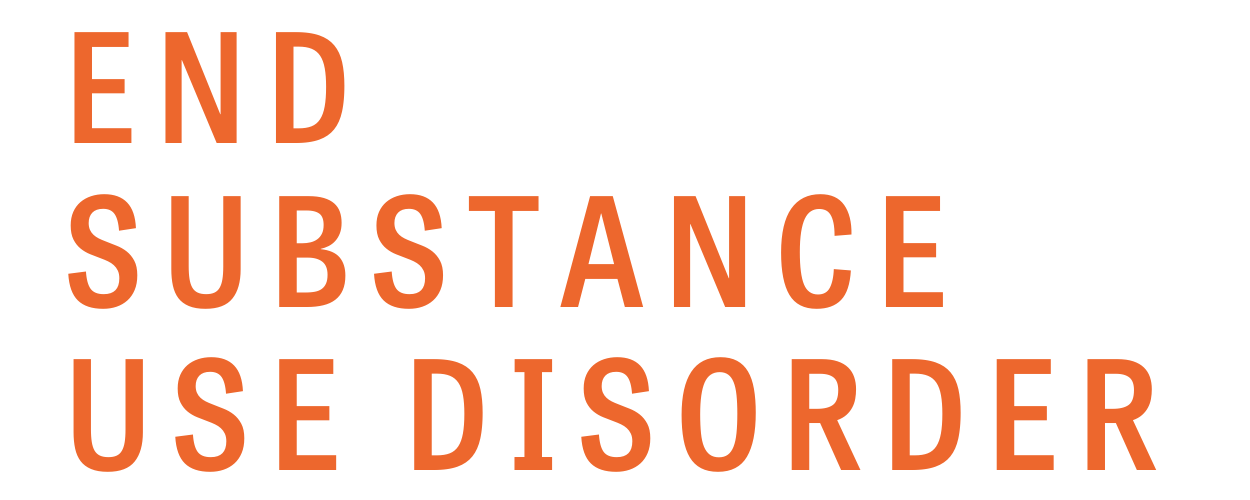Research & Policy
The Mainstreaming Addiction Treatment Act: Treating fentanyl use.
Overview
Two-thirds of overdose deaths involve synthetic opioids like fentanyl.
Buprenorphine is an effective treatment that reduces fentanyl use and protects against overdose.
By eliminating federal red tape that prevents healthcare providers from prescribing buprenorphine, the Mainstreaming Addiction Treatment Act will equip states and local governments with a key treatment to stem the fentanyl overdose crisis.
Problem
The overdose crisis is accelerating, now claiming more than 107,000 American lives every year.1
Centers for Disease Control and Prevention, 12 Month-Ending Provisional Number of Drug Overdose Deaths (Dec. 2021).
2
U.S. Commission on Combating Synthetic Opioid Trafficking, Final Report, at ix (Feb. 2022), https://bit.ly/3ycCKVt ("The primary driver of the opioid epidemic today is illicit fentanyl, a synthetic opioid
that is up to 50 times more potent than heroin.")
3
See Meryl Kornfield, U.S. surpasses record 100,000 overdose deaths in 2021, The Washington Post (May 11, 2022), https://www.washingtonpost.com/health/2022/05/11/drug-overdose-deaths-cdc-numbers/ (“[T]here could be another million overdose deaths in the next decade if policy does not change.”).
Buprenorphine is an effective treatment that reduces fentanyl use. People with opioid use disorder who take buprenorphine stay in treatment and have fewer fentanyl-positive drug tests.
4
U.S. Commission on Combating Synthetic Opioid Trafficking, Final Report, at ix (Feb. 2022), https://bit.ly/3ycCKVt ("Researchers examined roughly 250 adults receiving buprenorphine treatment concluded, ‘Buprenorphine treatment retention and abstinence among those retained in treatment is not worse between people using fentanyl compared to heroin at treatment initiation...“[R]esearchers found that ‘buprenorphine was associated with lower odds of fentanyl-positive urine."); Sarah E. Wakeman, MD, et al., Impact of Fentanyl Use on Buprenorphine Treatment Retention and Opioid Abstinence, 13 J. Addiction Medicine 4 (Jul. 2019), https://bit.ly/3NCfhCQ ("In our study of patients initiating treatment with buprenorphine in a large urban health care system, we found that abstinence and treatment retention rates were not significantly different between individuals who were exposed to fentanyl compared to those who were exposed to heroin at baseline…These results suggest that fentanyl exposed individuals do not have worse treatment outcomes than heroin exposed individuals and are still able to receive notable benefit from buprenorphine treatment.").
Buprenorphine also safeguards against overdoses. Medications for opioid use disorder cut the risk of overdose death in half.
5
Nat’l Acad. of Sciences, Engineering, and Medicine (“NASEM”), Consensus Study Report: Medications for Opioid Use Disorder Save Lives, Nat’l Acad. Press, at 6 (2019) https://bit.ly/3lbqiiX (“In fact, people with OUD are up to 50 percent less likely to die when they are being treated long term with methadone or buprenorphine.”); Marc Auriacombe et al., French field experience with buprenorphine, 13 Am. J. Addiction S17-28 (2004), https://pubmed.ncbi.nlm.nih.gov/15204673/ (noting 79% decrease in opiate overdose deaths after all registered medical doctors in France were allowed to prescribe buprenorphine without any special education or licensing).
6
Nat’l Acad. of Sciences, Engineering, and Medicine (“NASEM”), Consensus Study Report: Medications for Opioid Use Disorder Save Lives, Nat’l Acad. Press, at 36-7 (2019) https://bit.ly/3lbqiiX
But, due to current restrictions in federal law, only about 1 in 10 people with opioid use disorder receive medications.
7
Substance Abuse and Mental Health Svcs. Admin., National Survey of Drug Use and Health (2020), https://bit.ly/3GuRuCn.
This federal red tape that prevents health care providers from prescribing safe and effective treatment is fueling the fentanyl overdose crisis, causing death and suffering for hundreds of thousands of Americans, including Veterans, rural communities, communities of color, and new mothers.
Solution
The Mainstreaming Addiction Treatment Act will remove outdated barriers that prevent health care providers from prescribing buprenorphine for opioid use disorder. In doing so, the Mainstreaming Addiction Treatment Act will expand access to a safe and effective treatment that protects against fentanyl use and overdoses.We can protect our children and loved ones from fentanyl overdoses and help them recover if we open access to safe and effective treatment.
